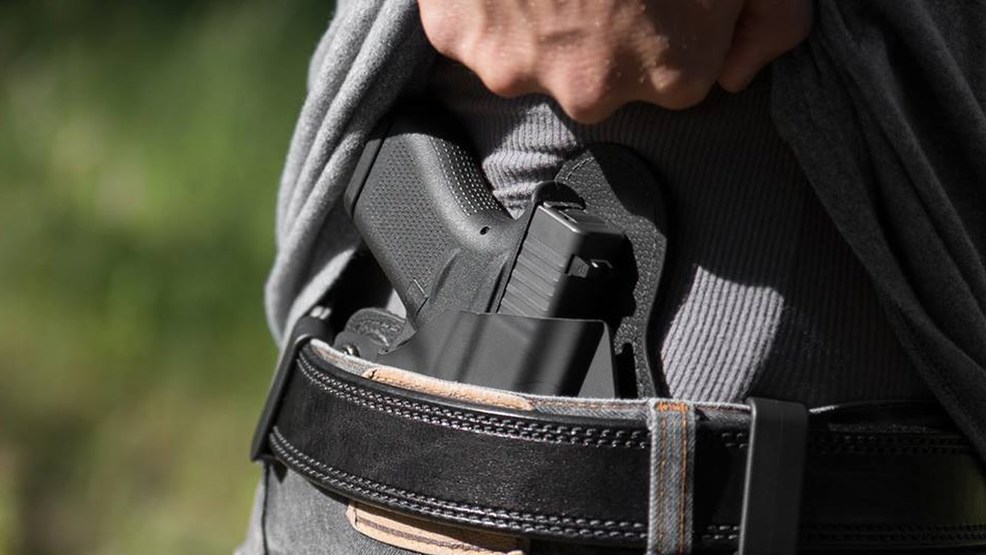A paper funded by The Calguns Foundation and Firearms Policy Coalition examining whether Assault Weapons Bans can survive ‘rational basis’ scrutiny in the courts has been published in ConLawNOW.
The author, Clayton Cramer, is a noted historian whose work was cited in both District of Columbia vs. Heller and McDonald vs. Chicago.
Cramer concluded that “There is no way to hold that AW bans which deny a fundamental right, as Heller determined the Second Amendment to protect, survives the ‘rational basis’ standard of scrutiny.”
Legislation will pass the rational basis test, Cramer explains, if the court finds it is “rationally related to a legitimate state interest.” Because AW bans apply to a segment of firearms that are among the least criminally used, are arbitrarily applied, call for irrational punishment lengths, and target a politically unpopular class of people, they are not rationally based.
While the bans (such as California’s Roberti-Roos Assault Weapons Control Act of 1989) cite a threat to the health, safety, and security of the public as justification for their existence, the banned weapons are seldom criminally misused. In a study performed to assess the effectiveness of the 1994 federal assault weapons ban, the authors had a difficult time “’discerning the effects of the ban’ at least partly because ‘the banned weapons and magazines were rarely used to commit murders in this country” before the 1994 ban.’”
AW bans focus primarily on name and model numbers rather than functional characteristics, since weapons banned are “functionally indistinguishable from sporting arms that have been used for more than a century by civilians in the U.S. with semiautomatic, detachable magazine feed.” This arbitrary application of the law makes such bans vulnerable to an equal protection challenge.
Also, the lack of distinctive qualities makes it difficult to define specifically what an assault weapon is. In fact, Steve Helsley, a California DOJ official, wrote in a 1988 memo:
“Consequently, I believe that assault weapons cannot be defined in a workable way, by size, caliber, action type or magazine capacity. . . . Unless a realistic definition can be developed for ‘assault weapons,’ we should leave the issue alone.”
Cramer also found that the punishments associated with violating California’s AW ban (either the possession or the importation of an assault weapon) involve lengthier prison terms than possession of a machine gun, possession of a hand grenade, or forcible rape.
In addition, those crafting AW bans often display a “bigotry” toward gun manufacturers and owners, indicating that the pursuit of AW bans could be motivated by bias. After he signed the SAFE Act in 2013, New York Governor Cuomo essentially told the law’s opponents they weren’t welcome in his state:
“Are they these extreme conservatives who are right-to-life, pro-assault weapon, anti-gay? Is that who they are? Because if that’s who they are and they’re the extreme conservatives, they have no place in the state of New York because that’s not who New Yorkers are.”
You can read the entirety of Cramer’s study here.
Please consider contributing today to further sponsor future Second Amendment-related studies.
[gravityform id=”21″ title=”false” description=”false” ajax=”true”]



